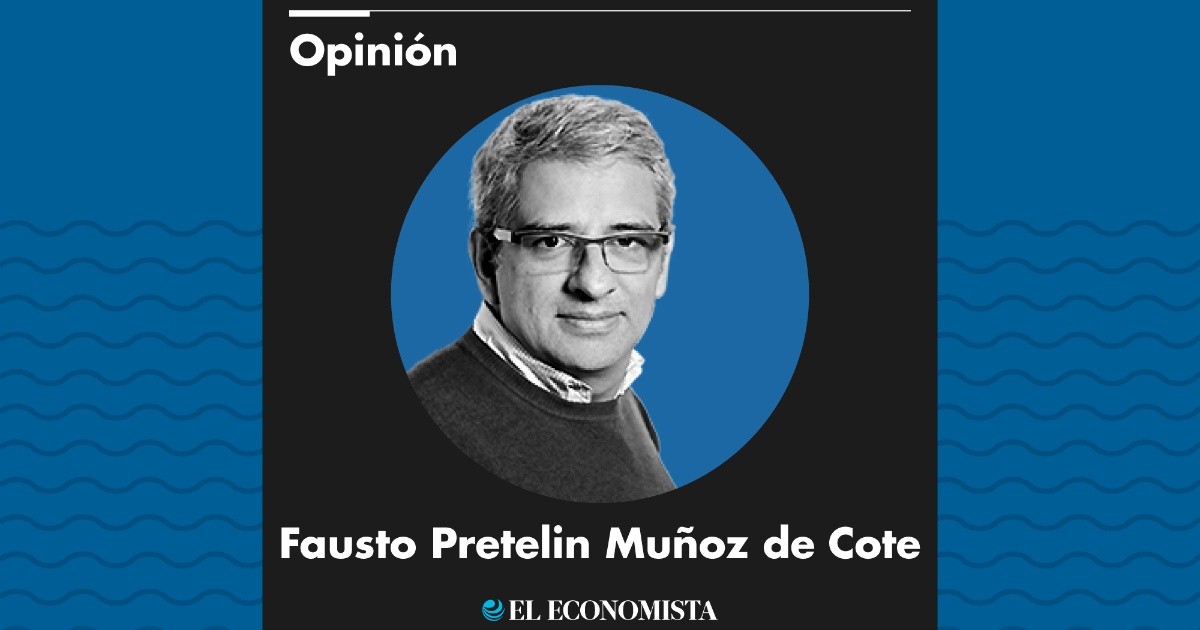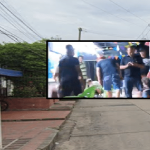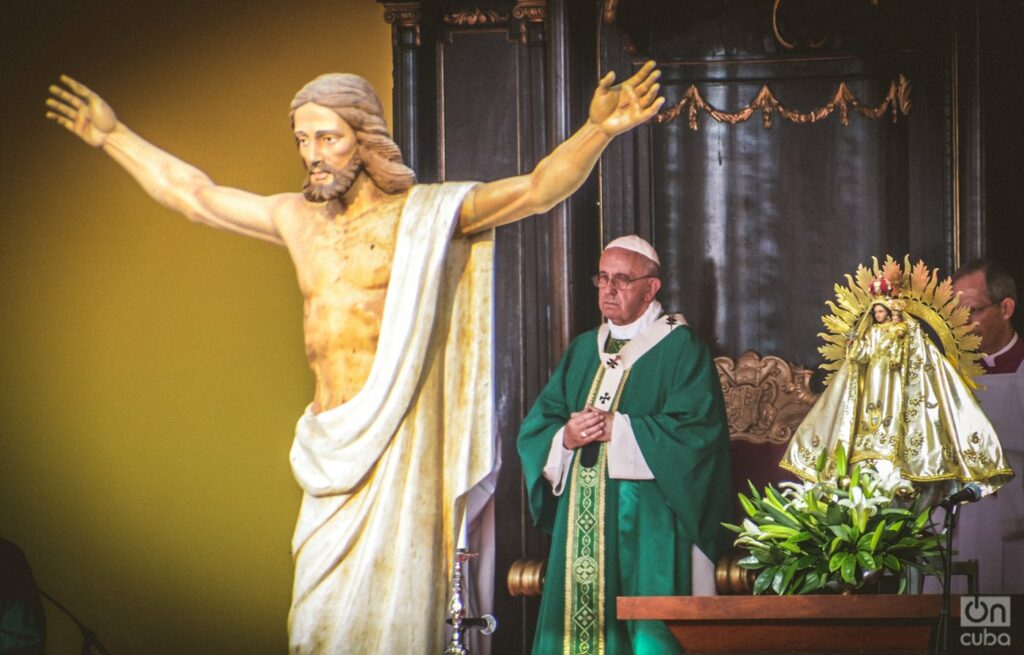The exercise of polarizing a country from the presidency is not a crime; Various presidents and prime ministers throughout the planet are reproducing a kind of virus that consists of criticizing half the population and, as such, the old laws would have to be removed to make it a crime, because their behavior turns out to be a kind of state treason.
Jair Bolsonaro fled from Brazil to the United States under traits of cowardice and miniscule political professionalism. He did not even have the minimum behavior necessary to hand over the presidential sash to Lula on Sunday, January 1.
The post-truth environment does not allow the existence of losers: all the candidates win, and when they don’t, they appeal to an alleged fraud.
“Bolsonaro has managed to divide the armed forces; a large part does not feel at all comfortable with Lula in the presidency”, comments Antonio Ramalho, an expert in military affairs at the University of Brasilia in a report published yesterday by La Vanguardia, written by Andy Robinson.
The assault carried out by followers of Bolsonaro against various democratic institutions of the Brazilian State, which occurred on January 8, left various political traces that the police are already investigating.
One of them is located in the facilities assault facility; there was no need to break doors or windows to gain entry. The trips to the United States by Bolsonaro and his then Justice Minister, Anderson Torres (he was unaware of Lula’s victory), raise questions about the planning of the coup.
Lula did not call the army after the assault because he believes there are links between the military and the coup leaders. “Many soldiers have never understood the idea of autonomy,” Lula told foreign journalists last Thursday.
The absence of the police and the security of the presidential General Staff forces us to remember what happened in 2017. In that year Michel Temer, president, ordered the deployment of the army to control the demonstrations of the left against what was considered a coup d’état parliamentarian against Dilma Rousseff. Lula told reporters that she did not want “some general to take over the government (…) during the assault.”
He said something else on the subject: “The armed forces are not a moderating power as they think they are; its constitutional role is to defend the Brazilian people from external enemies”.
Andy Robinson searches for clues about the army’s ties to coup leaders close to Bolsonaro.
He visited the military club of Rio de Janeiro. “Must read at the club this week is a letter titled Our Cold War, sent to 18,000 members by General Marco Aurélio Vieira, a former member of the Bolsonaro government,” Robinson writes.
Vieira denounces a plan to “establish communism” in Brazil and criticizes the Supreme Court for having ratified “fraudulent” elections.
The letter was distributed two days before the assault.
Robinson cites a study from the Federal University of Rio: “high-ranking military officers live in a far-right bubble.” Almost half of the 500,000 military police in Brazil participate in Bolsonarista networks, according to a study by the Brazilian Forum on Public Security.
Bolsonaro militarized the country and polarized society. His legacy of hate weakened democratic institutions, as happens in all cases of populist presidents. This is what happened in the United States with Donald Trump.
Lying is not a presidential offense. Neither is it when they incubate hatred through polarization.
They activate bombs and leave.
@faustopretelin
















